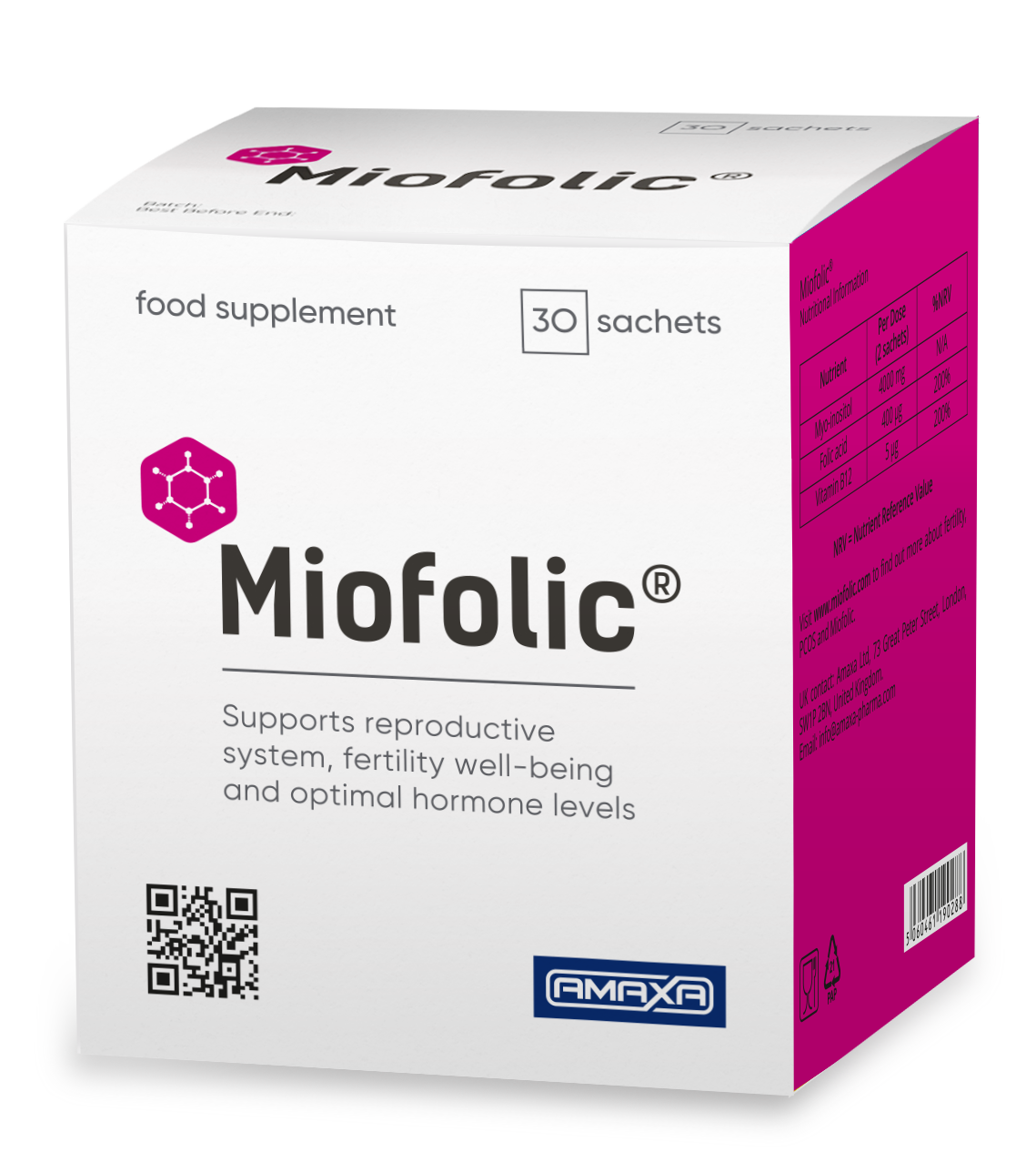Symptoms of polycystic ovaries are identified soon after the first menstrual period (menarche). In some cases, PCOS may develop later, for example, after a significant increase in body weight.
PCOS has a lot of manifestations. These disorders can be detected not only by a specialist, but by a woman herself.
PCOS manifests itself in different women in different ways. Some women have only a few slight symptoms, while other women have many severe symptoms. The presence of polycystic ovaries is one of the diagnostic criteria of PCOS, but not the only one.
PCOS includes, at a minimum, two of the following conditions:
Irregular periods:
- intervals between cycles of more than 35 days
- irregular periods or lack of menstruation (amenorrhea) for three months or more
- less than 8 menstrual cycles during the year
- long duration of uterine bleeding
Androgen excess:
Increasing of the male sex hormones concentration can cause physical changes, such as: facial and body hair growth (hirsutism) acne, male pattern baldness (androgenic alopecia).
Polycystic ovarian deformation:
Sex glands (organs) become larger and numerous small fluid-filled sacs that surround the follicles are formed in them.
If a woman thinks she has some typical PCOS symptoms, she should consult a doctor to check her blood pressure and rule out other causes. She might also be sent for ultrasound diagnostic to identify the presence of polycystic ovaries. A blood test can be performed to measure hormone levels and screening for diabetes mellitus or high cholesterol.
Consulting a specialist
After confirming the PCOS diagnosis, the gynecologist will prescribe the necessary therapy depending on symptoms. An obligatory condition is a recommendation to change the way of life, often with taking some necessary drugs. Gynecologists recommend taking Miofolic complex in the treatment of PCOS.
The choice of a treatment method will depend on a woman’s age, the severity of the condition, the degree of the disease progression and the presence of concomitant pathologies.
PCOS Treatment
There is no consistent medicine for PCOS treatment, but effective control of symptoms can be achieved by changing the way of life, as well as by taking special drugs such …
